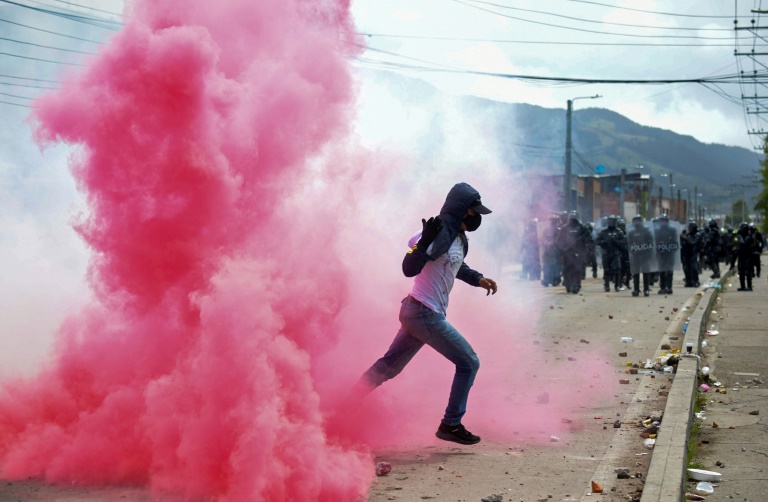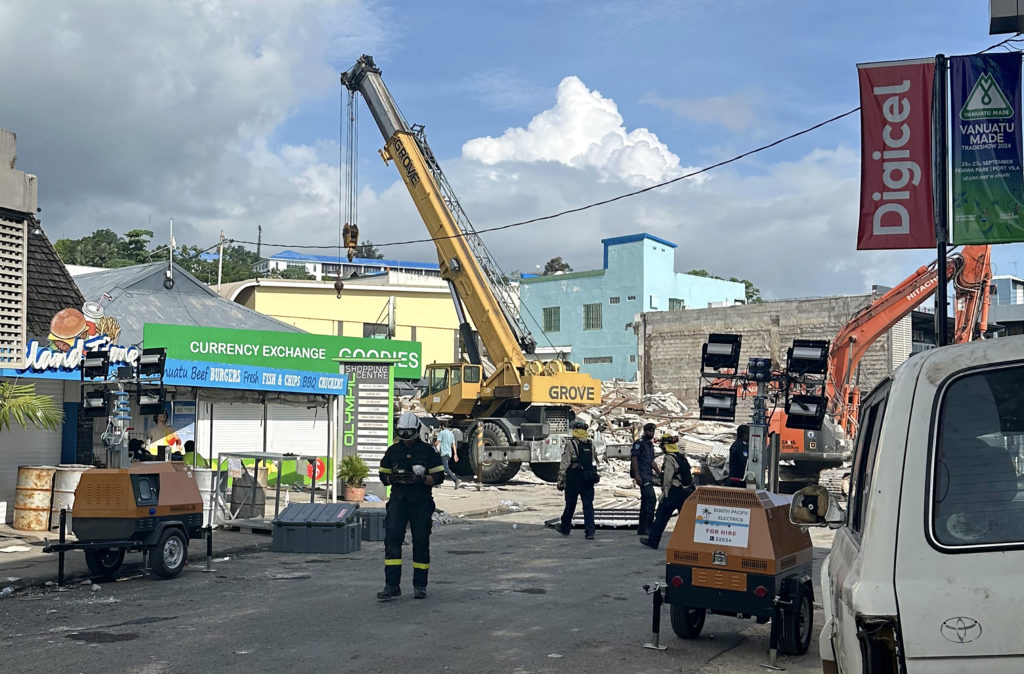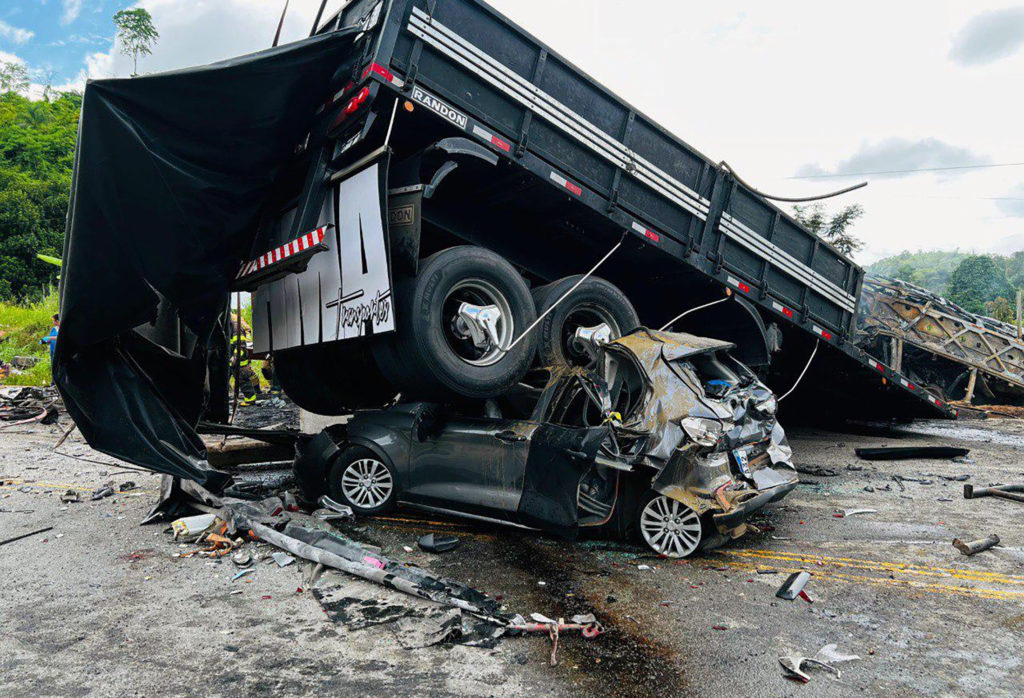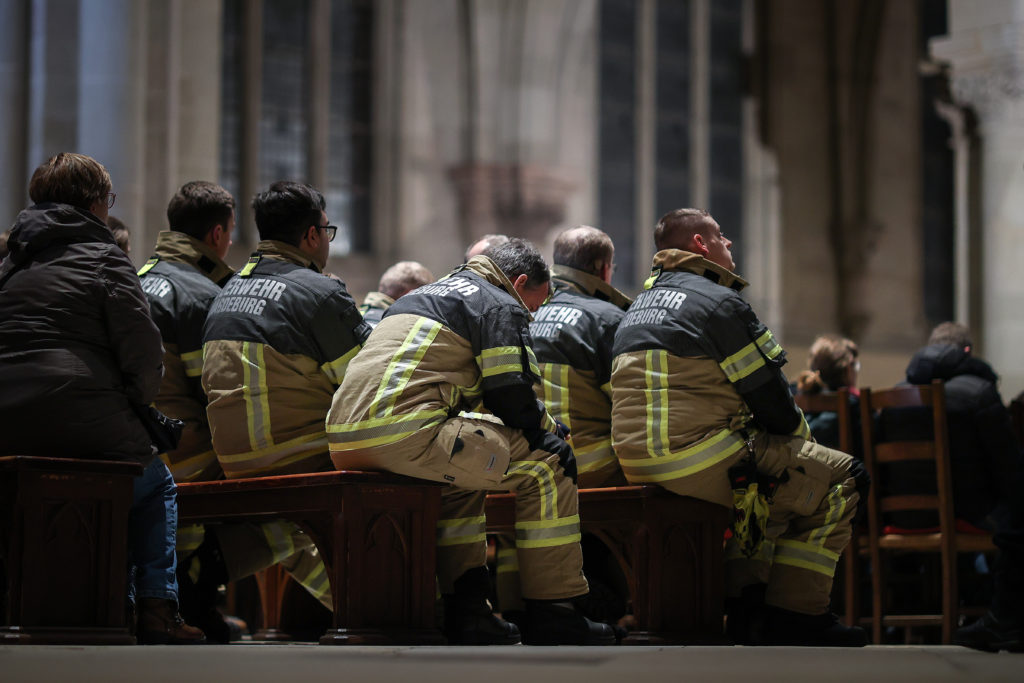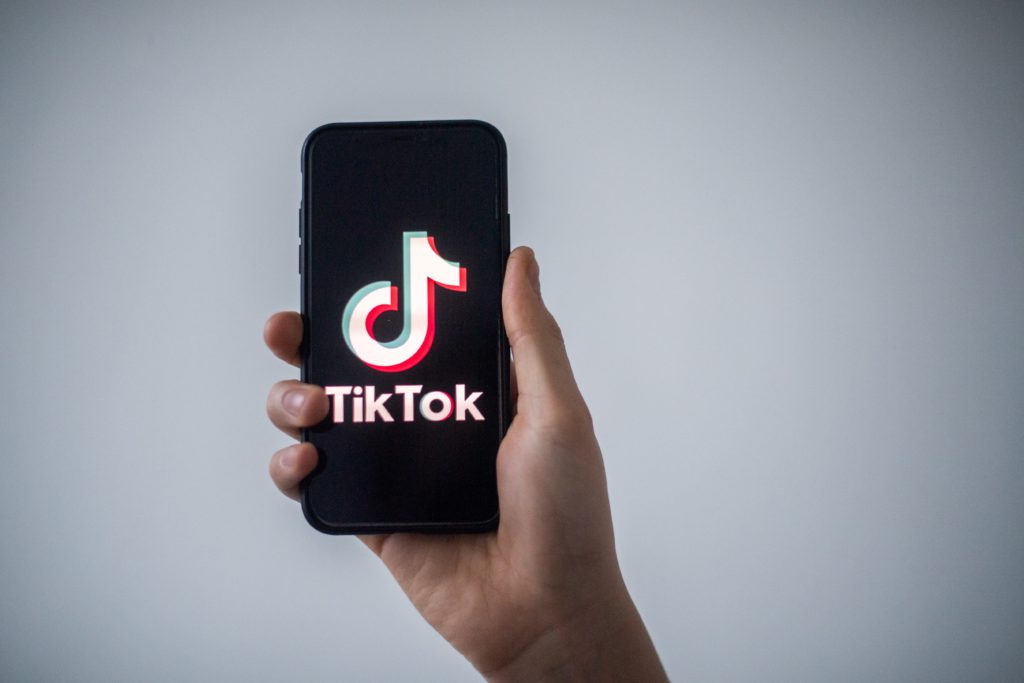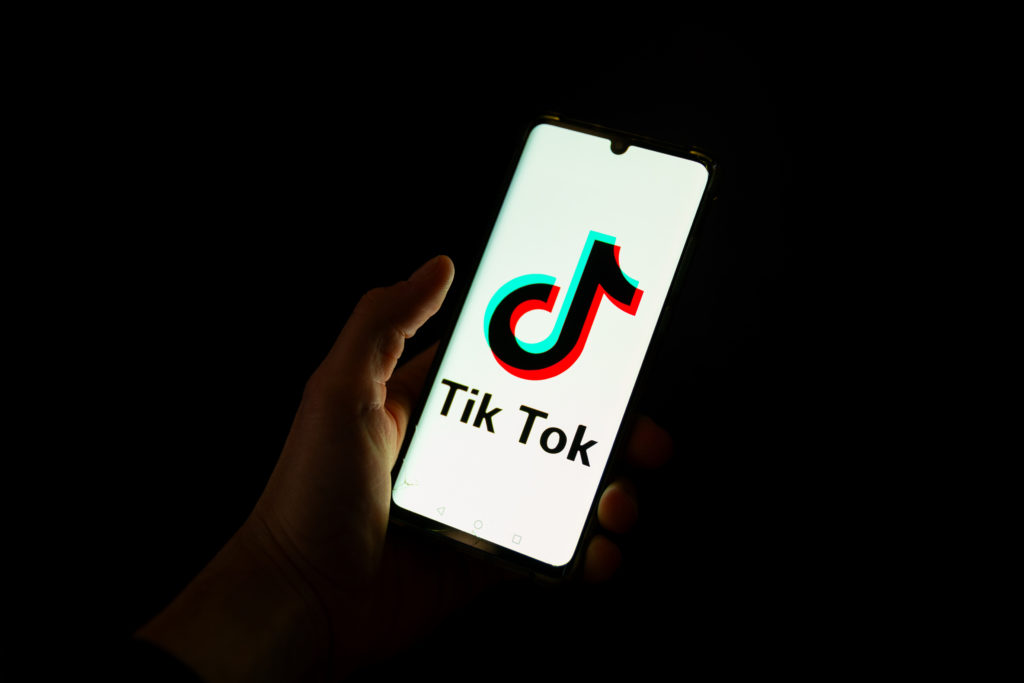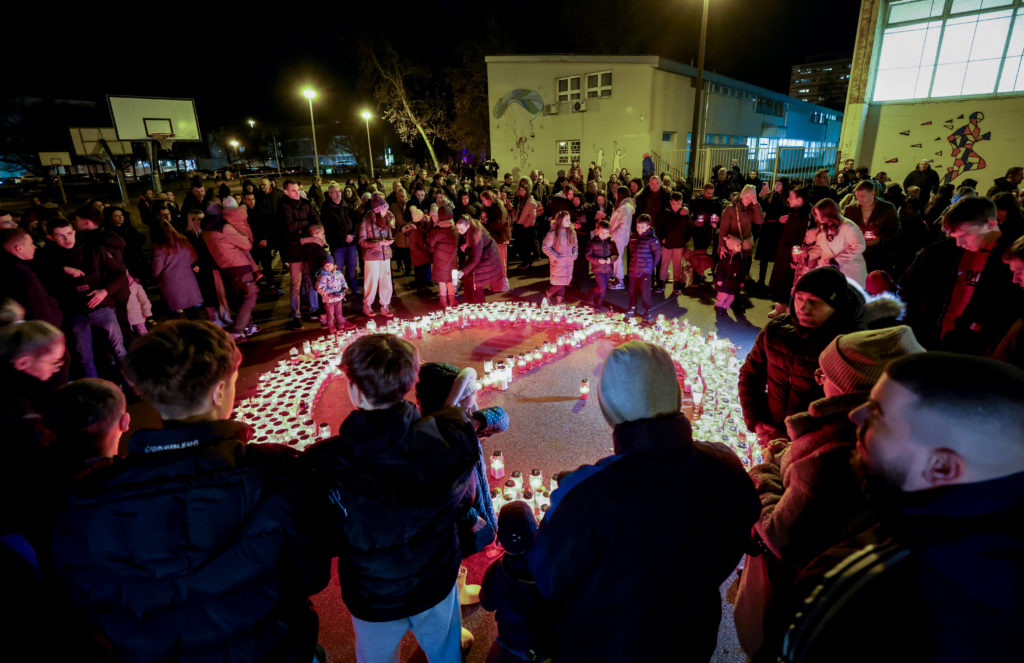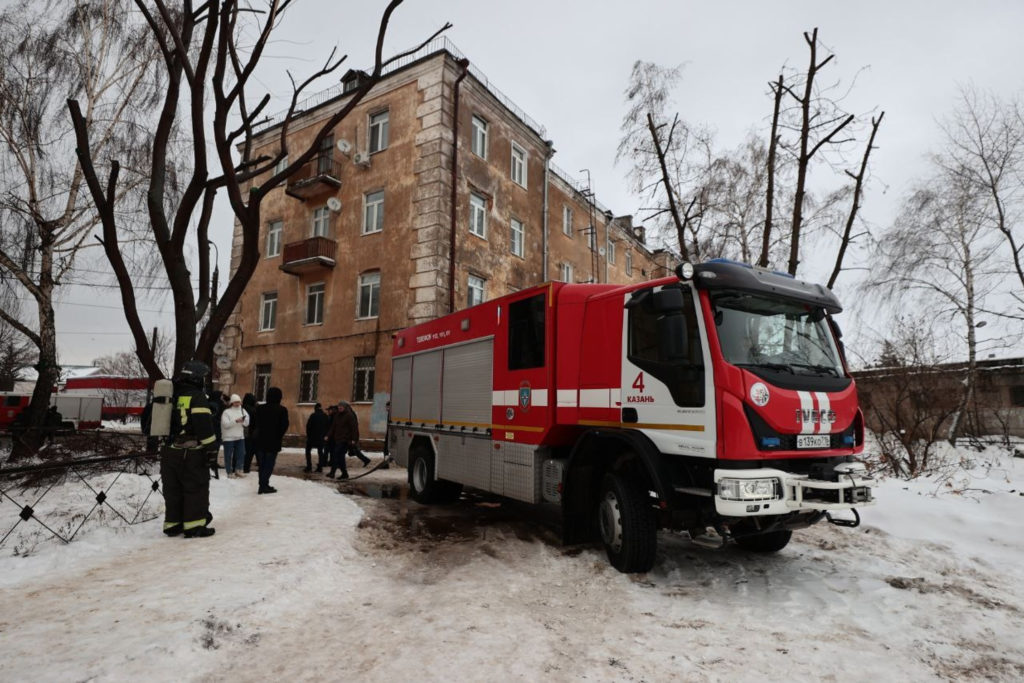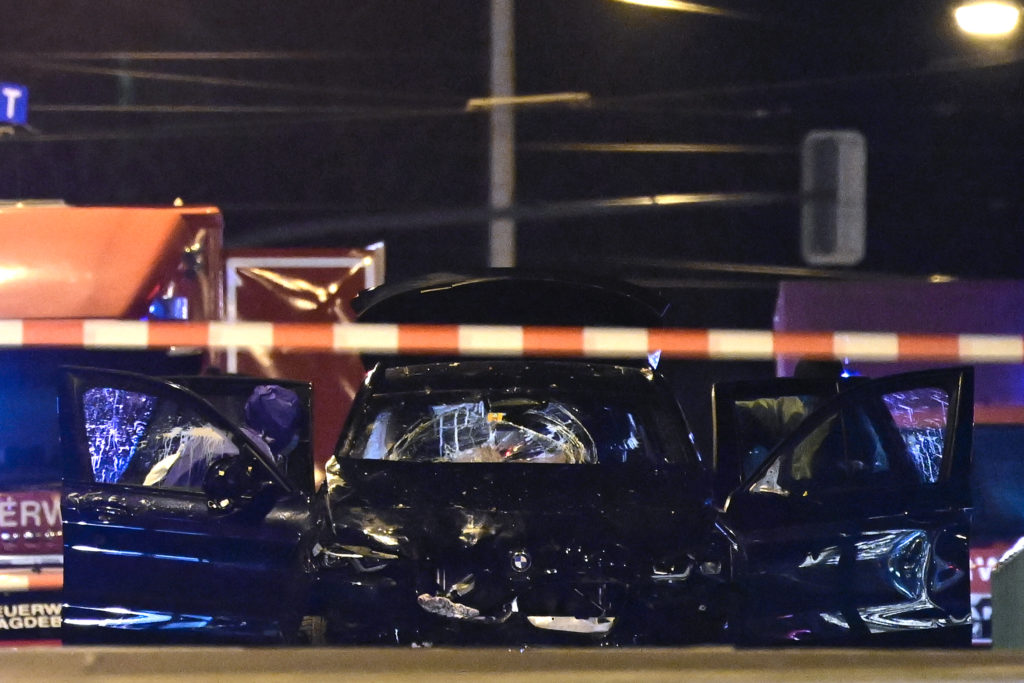Colombian protesters made cautious overtures towards the government Tuesday in talks seeking to end weeks of violent social unrest that has left dozens of people dead and hundreds injured.
The National Strike Committee, which represents labor unions, students and indigenous peoples, among others, said there were “approaches for lifting” road blockades that have hamstrung transport for weeks on end, particularly in the country’s south.
Lifting the roadblocks is a precondition of the government for any settlement with the protesters, who in turn insist President Ivan Duque recognize violence committed by the security forces against them.
“The progress being made towards lifting the blockades is very important for Colombians,” presidential adviser Emilio Archila said on Tuesday, in the first signs of appeasement since talks started on May 7, with many pauses along the way.
The National Strike Committee, though representing a large block of protesters, does not speak for all groups that have been engaged in demonstrations in Duque’s government since April 28.
But a deal with the committee is seen as a major step towards resolving the crisis.
“The youth of Cali has said that the people of the strike committee do not represent us. We will not give up and we will not stop until the fire is put out,” Andres Velasquez, a protest leader in the city of Cali, at the heart of the unrest, told W Radio.
The government blames the roadblocks for the deaths of two babies in ambulances that were unable to move, and for massive economic losses as goods deliveries were affected even as the country reels from the economic impacts of the coronavirus pandemic.
– ‘Deep concern’ –
The number of blockades has been reduced from 800 at the beginning of the protests to 36 today, said Defense Minister Diego Molano.
Talks with the strike committee were held at a neutral venue in Bogota on Tuesday as the country reeled from the most violent day in the prolonged crisis so far, with clashes resulting in at least 13 deaths as thousands protested in Cali last Friday, prompting a military deployment to the city and elsewhere.
The protests were initially against a proposed tax increase Colombians said would leave them poorer even as they struggled with pandemic-related losses of income.
The proposal was quickly withdrawn, but the protests morphed into a wider denunciation of the government and the armed forces.
Poverty, joblessness, inequality and the fallout from the coronavirus epidemic have sparked widespread anger and resentment in Colombia.
In five weeks of unrest, 59 people have died across Colombia according to official data, with more than 2,300 civilians and uniformed personnel injured.
The NGO Human Rights Watch says it has “credible reports” of at least 63 deaths nationwide in the first major uprising since a 2016 peace deal with guerilla groups ended decades of civil war.
A crackdown by the armed forces on protesters has drawn international condemnation, and on Sunday UN rights chief Michelle Bachelet voiced “deep concern” after the violence in Cali.

